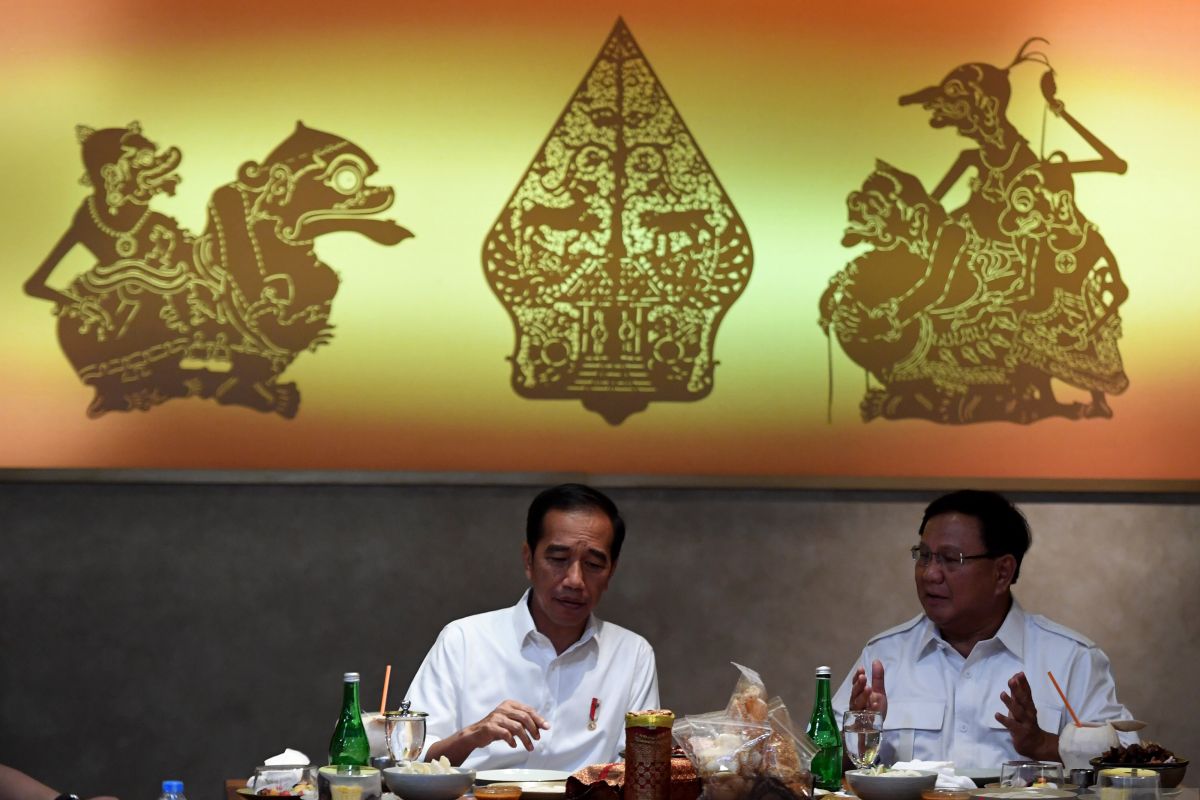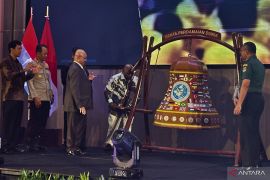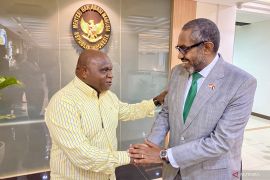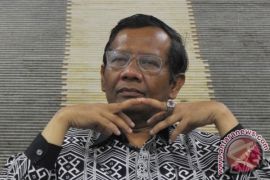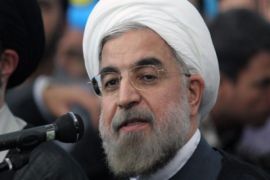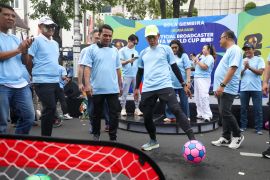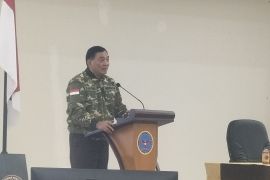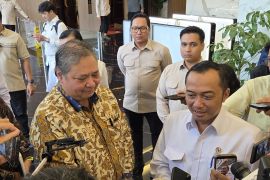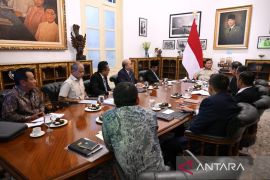Over these past two weeks, Prabowo, who lost the presidential elections, had met with his former contender, Jokowi, and Megawati Soekarnoputri, top leader of the Indonesian Democratic Party of Struggle (PDIP), and Jokowi's main political machine.
The political maneuvers made by the two camps are constantly in line with their common endeavor to promote reconciliation among Indonesians, who have been dragged into a phenomenon of a divided society over their tough rivalry in the elections.
Jokowi and Prabowo appeared set to walk down the path of reconciliation on July 13, 2019, when they met at the MRT Station of Lebak Bulus in South Jakarta and continued their conversation while boarding Jakarta's brand new MRT.
The duo also had lunch at a restaurant inside a shopping mall in Senayan area. Following his meeting with Incumbent President and President-elect Jokowi, Prabowo made his own political maneuvers by visiting Megawati Soekarnoputri at her residence on July 24.
Related news: Prabowo Subianto meets with Megawati Soekarnoputri
Related news: Prabowo, Megawati share common commitment to defend Indonesia
Considering their tough rivalry during the 2019 Parliamentary and Presidential Elections, the Prabowo-Megawati meeting has again put the spotlight on pragmatism in real politics: "there are no permanent friends or enemies, only interests."
The pragmatism, often drawing from the words of British statesman Lord Palmerston (Henry John Temple), has been observed by the people at large, including voters of both Prabowo Subianto-Sandiaga Uno and Jokowi-Ma'ruf Amin pairs.
This pragmatism shown by Prabowo and Gerindra has triggered speculations on pros and cons among those who had voted for the Prabowo-Sandi pair and Gerindra in the recent general elections.
For the realists among the Prabowo-Sandi pair's voters, the maneuvers made by Prabowo and Gerindra may be perceived as part of real politics since the struggle for power is common among political parties.
Instead, for the idealists among this duo's voters, these political maneuvers can be perplexing as an endeavor to fight for the Prabowo-Sandi pair's ideal goals for realizing a stronger and more prosperous Indonesia for the sake of all Indonesians.
One of this pair's ideal goals is building a corruption-free Indonesia. During his presidential campaign trail, Prabowo had repeatedly echoed his pledge to fight corruption fiercely to build a just and prosperous Indonesia.
"Our people can no longer face corruption and unfair treatment. Why? Because much of Indonesia's wealth has been taken out of the country," he had stated in one of his campaign speeches.
Apart from speculations being rife among his supporters and loyalists over the pros and cons, the political moves being made by Prabowo and Gerindra, over these past weeks, may have led to a discourse on distribution of power among Jokowi's coalition parties far from predictable.
Prabowo's moves potentially affect the distribution of power among the political parties that had backed the Jokowi-Amin pair in the recent presidential elections. This is a part of the political repercussions that they had to face to promote the so-called "reconciliation."
Speaking in connection with these signs of reconciliation, the University of General Soedirman's political analyst, Luthfi Makhasin, opined that this progress was deemed significant to placate political tensions in Indonesia following the recently held general elections.
The recently held meeting between Prabowo and Megawati Soekarnoputri is suggestive of post-election reconciliation. His meeting with Megawati took place six days after he had met with Gerindra's advisory council members on July 19 for talks on future steps following his reconciliatory meeting with Jokowi on July 13.
Related news: Prabowo-Megawati meeting reveals signs of reconciliation: Analyst
During their meeting, Makhasin emphasized that these Gerindra and PDIP leaders had sent out a clear message to the entire nation that the presidential election-related rivalry and competition was over.
"Now, it is time for all to work together for building a better Indonesia," Makhasin remarked, adding that the reconciliation is deemed indispensable to end a long-standing conflict that will only consume the nation's energy.
This evidence of reconciliation would also provide good political education to the people, as they would realize that the values of unity in diversity and nationhood transcend transitory political struggles, he stated.
By doing so, a sense of unity and nationhood in the Unitary State of the Republic of Indonesia would grow stronger, Makhasin remarked.
The public, by and large, appears happy with such signs of reconciliation and currently awaits the real outcomes of this Prabowo-Jokowi reconciliation. The people aspire to see a united, stronger, and more prosperous Indonesia.
Related news: Widodo-Prabowo meeting eagerly expected by Indonesians: Gerindra
Related news: Jokowi, Prabowo ride MRT train to go for lunch together
Editor: Sri Haryati
Copyright © ANTARA 2019
